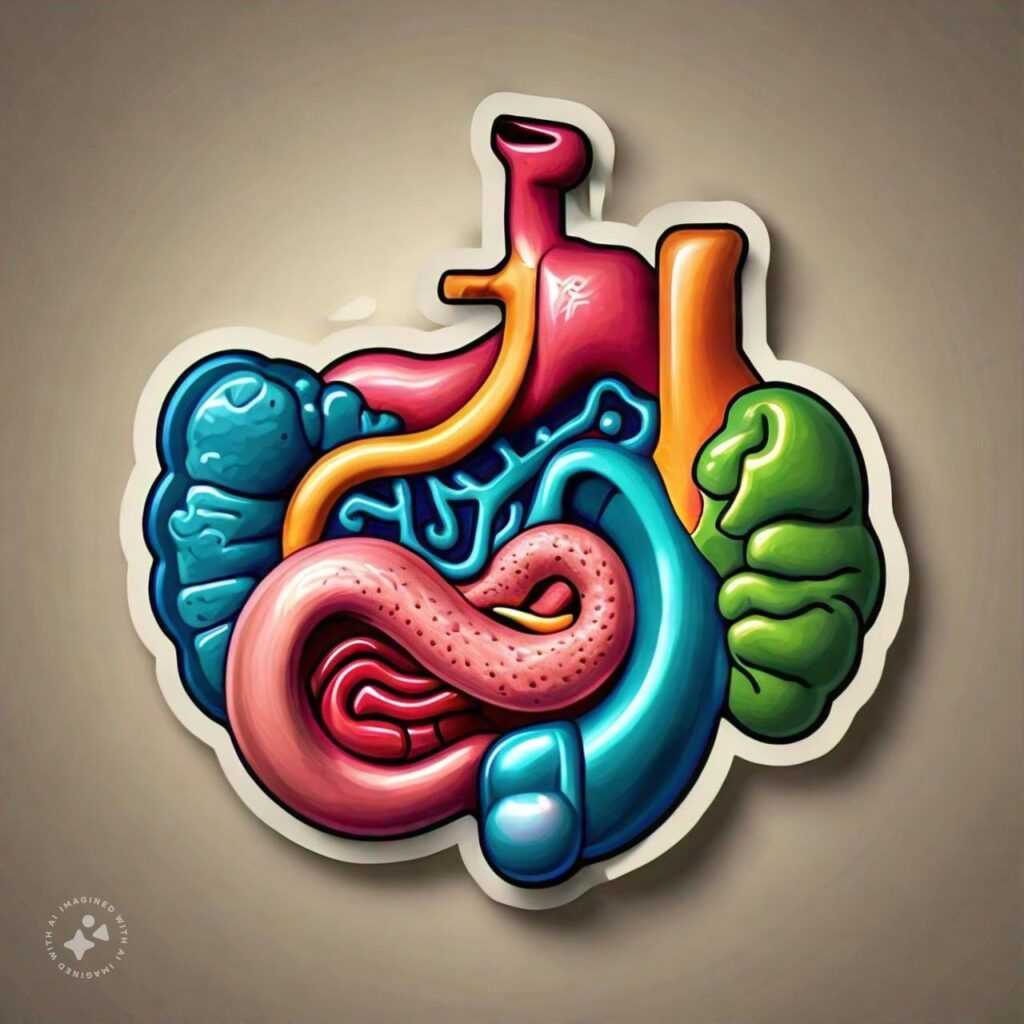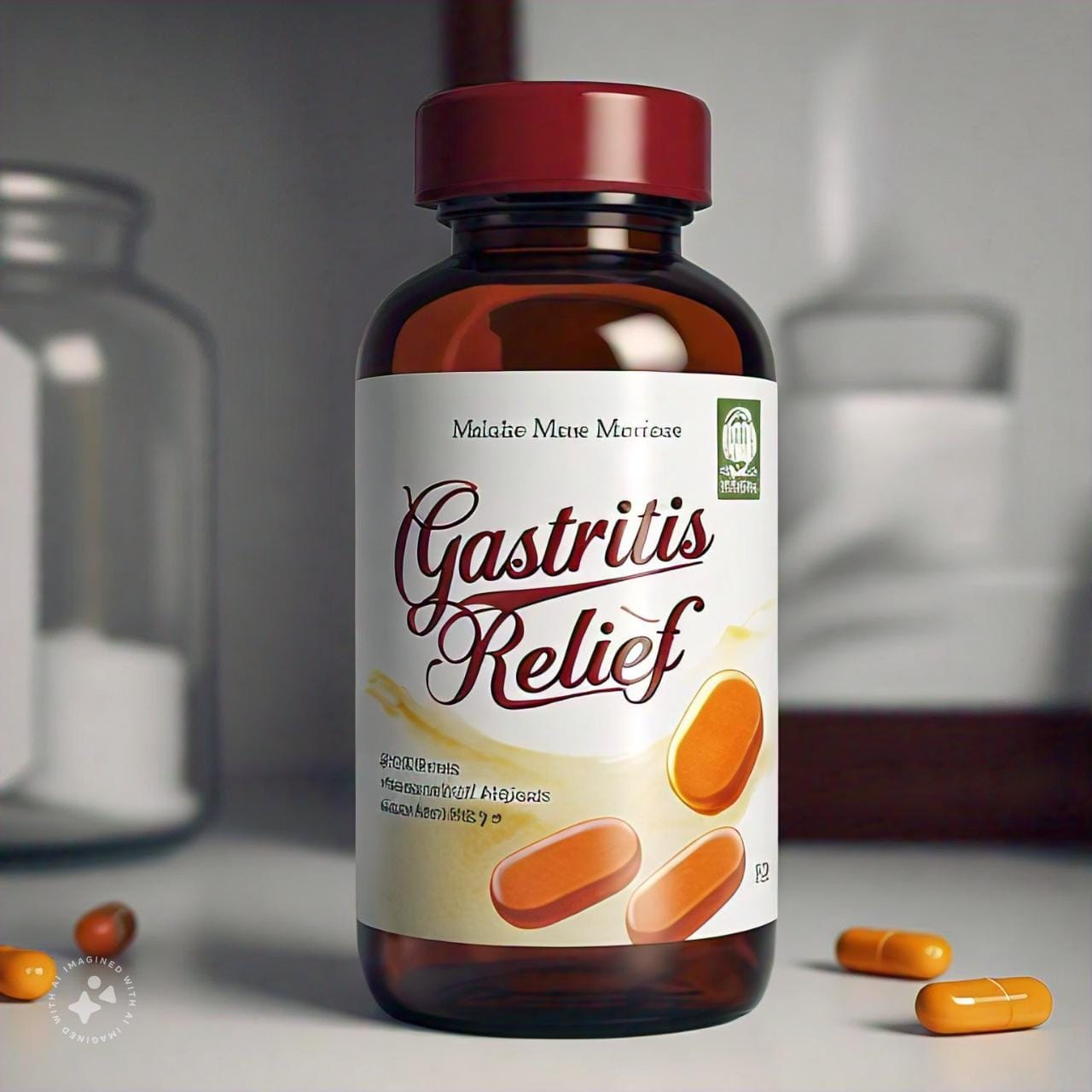Introduction
Gastric problems and acid formation, also known as acid reflux or hyperacidity, affect millions of people worldwide. Common symptoms include heartburn, indigestion, bloating, and stomach discomfort. Understanding the causes of excessive acid production and exploring effective ways to control it can lead to a healthier lifestyle and better digestive health.
What is Acid Formation in the Body?
The human stomach naturally produces acid, primarily hydrochloric acid (HCl), which plays a critical role in digestion. The stomach’s acidic environment helps break down food, absorb nutrients, and protect against harmful bacteria. However, when acid production goes unchecked or refluxes into the esophagus, it leads to discomfort and potential health issues.
Causes of Gastric Problems and Excessive Acid Formation
1. Unhealthy Eating Habits
– Eating spicy, oily, or processed foods can irritate the stomach lining and lead to increased acid production.
– Overeating or eating large meals late at night can also put stress on the digestive system, leading to acid reflux.
2. Lifestyle Factors
– Sedentary habits, smoking, and excessive alcohol consumption are known to trigger acid production and relax the lower esophageal sphincter (LES), allowing acid to flow back into the esophagus.
– Chronic stress and anxiety can stimulate acid production as the body enters a heightened state, releasing hormones that impact digestion.
3. Medications and Medical Conditions
– Certain medications, such as NSAIDs (e.g., ibuprofen) and antibiotics, can irritate the stomach lining, leading to acid production.
– Conditions like GERD (gastroesophageal reflux disease), peptic ulcers, and H. pylori infection can lead to increased acid formation and related symptoms.
4. Obesity and Pregnancy
– Excess weight, especially around the abdomen, puts pressure on the stomach and LES, increasing the likelihood of acid reflux.
– Pregnancy can also contribute to acid formation due to hormonal changes and pressure from the growing uterus.
5. Hiatal Hernia
– A hiatal hernia occurs when the upper part of the stomach pushes through the diaphragm, causing acid reflux as the barrier between the stomach and esophagus is weakened.
Symptoms of Excess Acid Production and Gastric Issues

(This Image is Made by Meta AI)
– Heartburn or a burning sensation in the chest
– Sour or bitter taste in the mouth
– Bloating, belching, or feeling overly full
– Nausea, indigestion, or stomach discomfort
– In severe cases, pain radiating to the back or neck
Ways to Minimize Gastric Issues and Acid Formation
1. Dietary Changes
– Eat Smaller, More Frequent Meals: Smaller meals prevent the stomach from being overloaded, reducing pressure on the LES.
– Avoid Trigger Foods: Certain foods, including caffeine, chocolate, citrus, and tomato-based foods, are known to trigger acid reflux. Limiting these can reduce symptoms.
– Include Alkaline Foods: Bananas, cucumbers, leafy greens, and melons are less likely to increase acidity and can help balance pH levels in the stomach.
– Stay Hydrated: Drinking water throughout the day helps dilute stomach acid and aids digestion. Avoid large amounts of water during meals to prevent diluting digestive enzymes.
2. Adopting Healthier Lifestyle Habits
– Exercise Regularly: Physical activity promotes digestion, prevents obesity, and reduces stress, all of which contribute to lower acid production.
– Manage Stress: Practicing mindfulness, meditation, or breathing exercises can help keep stress hormones in check and reduce acid secretion.
– Avoid Late-Night Eating: Finish your last meal at least 2-3 hours before bedtime to allow for proper digestion and avoid lying down with a full stomach.
– Elevate Your Head While Sleeping: Using an extra pillow or raising the head of the bed can reduce acid reflux by keeping stomach acid from flowing upward.
3. Natural Remedies and Supplements
– Ginger: Known for its anti-inflammatory properties, ginger can help soothe the stomach and reduce acid production.
– Apple Cider Vinegar (ACV): Diluted ACV can sometimes balance stomach pH and reduce symptoms. Start with a small dose to see how your body reacts.
– Aloe Vera Juice: This natural remedy is known for its cooling effect on the stomach lining, potentially reducing inflammation and acid production.
4. Consulting a Healthcare Professional
– If lifestyle changes and natural remedies are insufficient, consult a doctor for advice. Chronic acid reflux may lead to complications such as esophagitis or Barrett’s esophagus, conditions that require medical treatment.
– A healthcare professional can conduct tests, such as an endoscopy, to diagnose the underlying cause and recommend personalized treatments.
Preventive Tips to Reduce Gastric and Acid Formation
1. Chew Food Thoroughly: Properly chewed food reduces the workload on the stomach, aiding smoother digestion and lessening the need for acid production.
2. Avoid Carbonated Beverages: Fizzy drinks expand the stomach, increasing pressure and the chance of acid reflux.
3. Stop Smoking and Limit Alcohol: Both smoking and alcohol can weaken the LES, making it easier for acid to escape from the stomach into the esophagus.
4. Maintain a Healthy Weight: Obesity is a major risk factor for acid reflux. Regular exercise and a balanced diet can help you reach and maintain a healthy weight.
When to Seek Medical Help
– Persistent heartburn or acid reflux that doesn’t improve with lifestyle changes
– Difficulty swallowing, unintentional weight loss, or chronic pain
– If symptoms occur more than twice a week, it’s advisable to consult a doctor, as these may be signs of GERD or other underlying conditions requiring treatment.
Important Note: This article is for informational purposes only and is not intended as a substitute for professional medical advice, diagnosis, or treatment. Always seek advice from qualified healthcare providers with any questions regarding a medical condition.
Conclusion
Gastric and acid formation issues are common but manageable with a holistic approach. By understanding the causes and implementing lifestyle changes, dietary adjustments, and natural remedies, you can significantly reduce symptoms and improve digestive health. Remember, if symptoms persist, seeking professional medical advice is essential for a comprehensive solution.
Living a balanced lifestyle, eating healthy, and addressing stress proactively are key to maintaining a happy, healthy digestive system.

